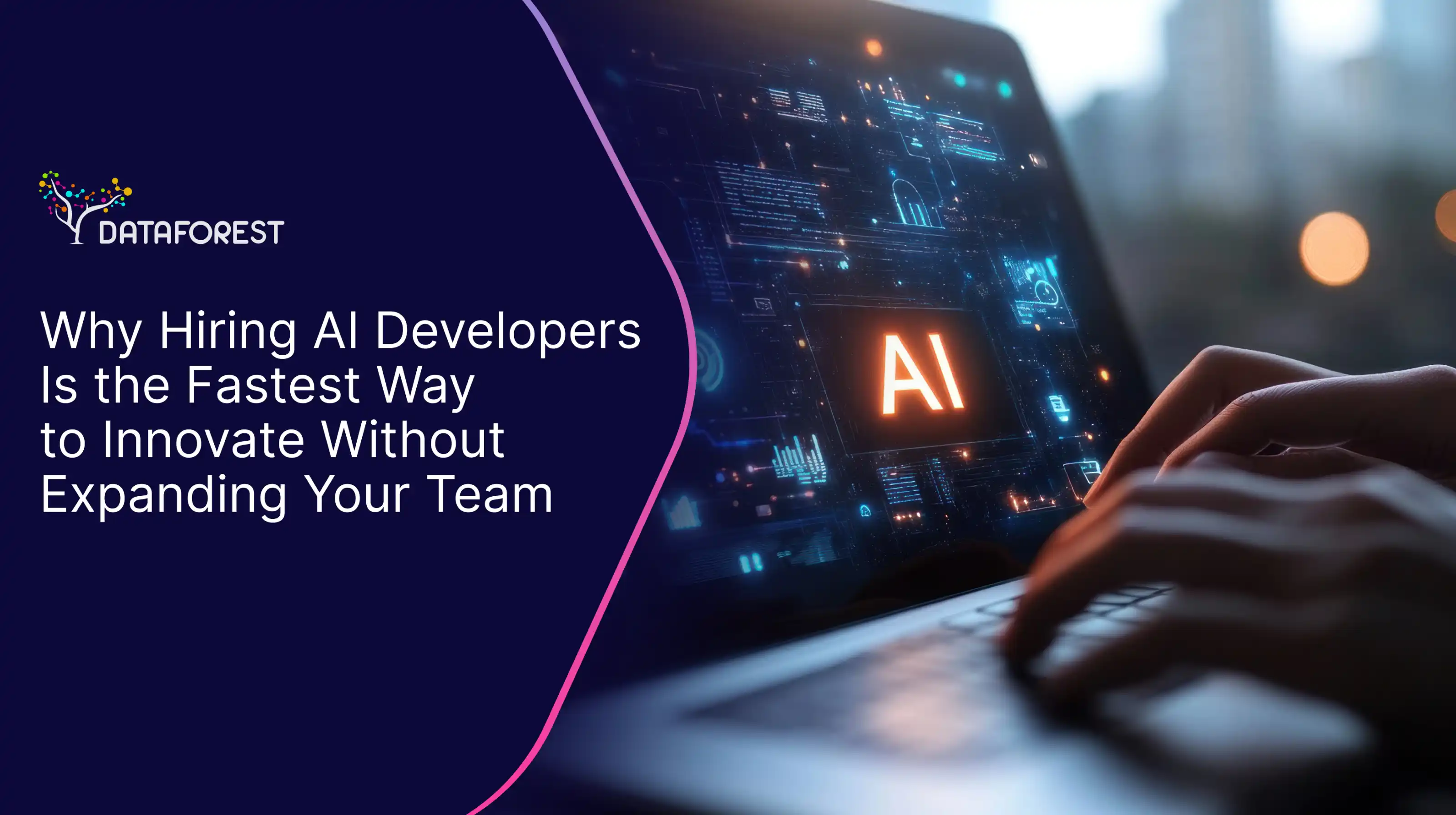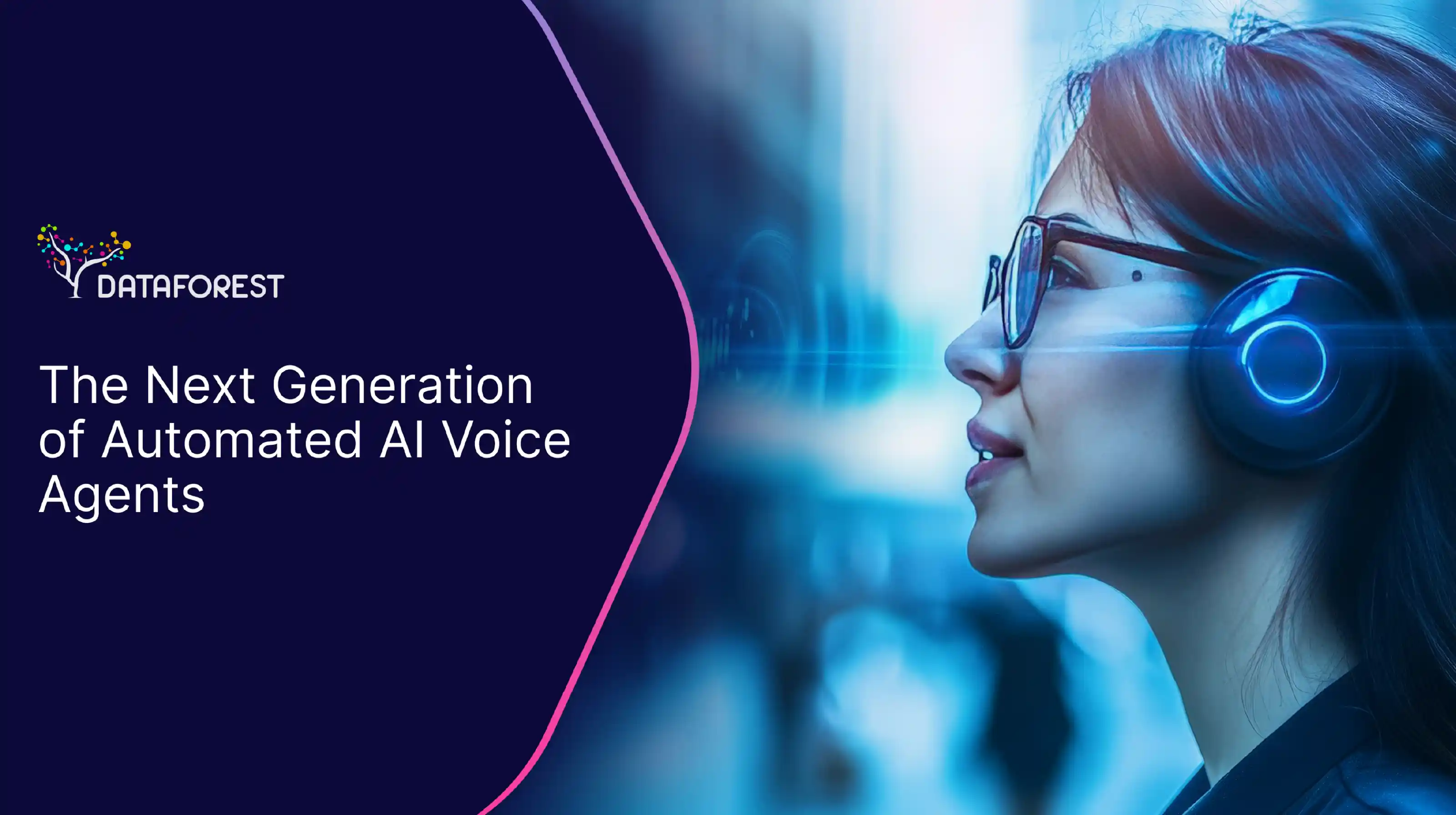
AI-Driven Workflow Automation: From Input to Outcome
DATAFOREST delivers AI workflow automation services that eliminate costly manual processes by automating data entry, reporting, and approvals. With over 35 AI solutions deployed and 18+ years of experience in data engineering, we help companies reduce delays, enhance accuracy, save over 1,000 hours weekly, and accelerate revenue growth.

Workflow Automation Software Built Around Real Work
Some workflow automation software projects fail because they try to digitize broken processes. We build intelligent process automation software that reflects how work actually moves—from request to completion, across enterprise workflow automation tools and teams.
AI Agents for Workflow Automation
AI-Powered Document Processing & RPA Automation
Automated Reporting & Analytics Workflows
AI-Enabled Workflow Orchestration Across Systems
Predictive Maintenance & Workflow Optimization
AI-Driven Content Moderation & Filtering

Struggling to meet deadlines?
Workflow Automation with Generative AI Process





.svg)


Business Challenges Addressed by AI Workflow Automation
An AI workflow solution eliminates the friction that prevents innovative teams from leveraging their capabilities, allowing them to focus on tasks that machines should handle. When repetitive work is eliminated, decisions occur more quickly and mistakes are less costly.
.svg)
.svg)



Experience increased efficiency, reduced costs, and improved decision-making with AI-driven workflow solutions!
.svg)
.svg)
Related Articles to the AI-Powered Workflows
All publicationsFAQ About Workflow Automation Software
Let’s discuss your project
Share project details, like scope or challenges. We'll review and follow up with next steps.










.webp)
























.webp)














